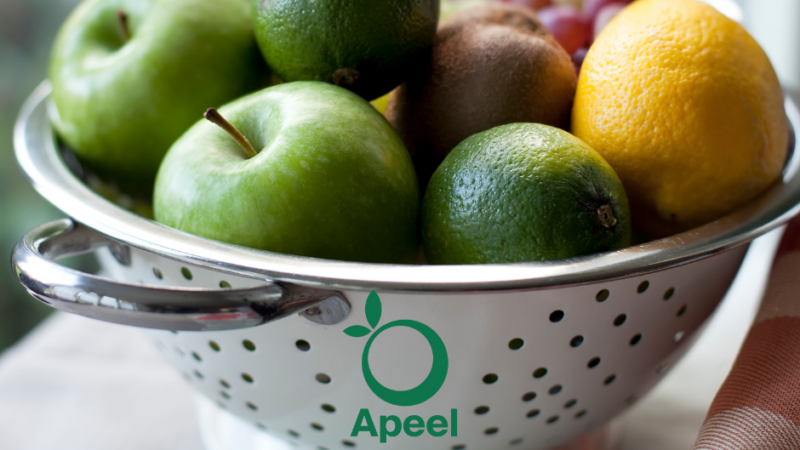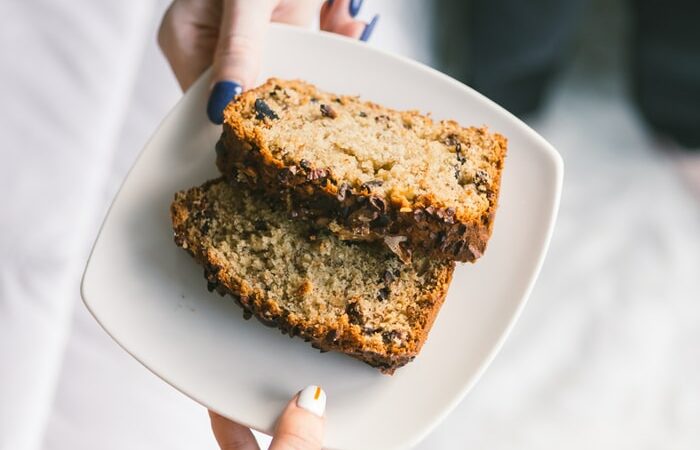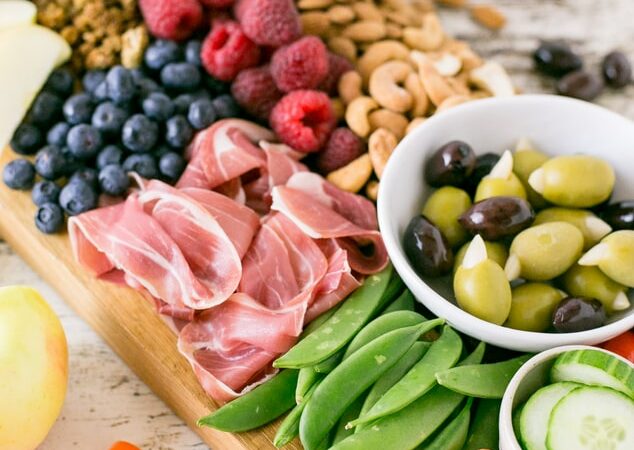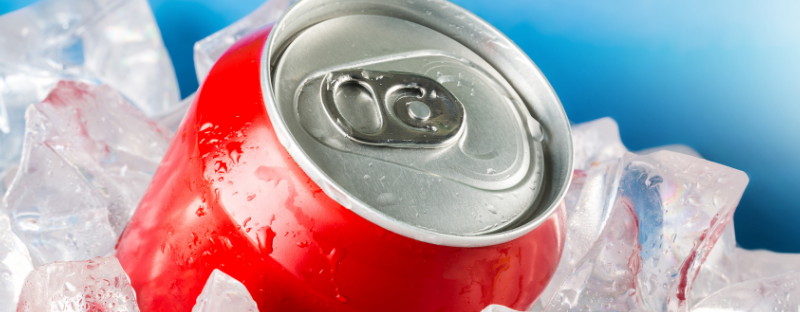Farmed Salmon the Dirty Secret
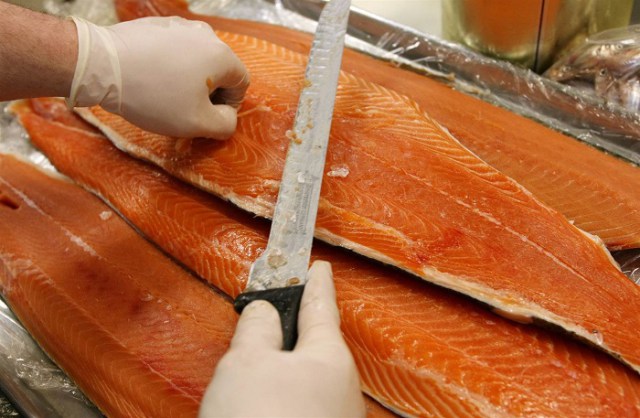
- Farmed salmon is fed pellets of chicken feces, soy, GMO canola oil, corn meal and other fish with high levels of toxins
- Farmed salmon has 7 times higher levels of PCB’s compared to wild salmon
- Farmed salmon has 30 times more sea lice
- Farmed salmon is given toxic chemicals to intesify their flesh’s color
- Farmed salmon is pumped with more antibiotics than any other livestock
- Farmed salmon has less omega 3’s as a result of the lack of wild diet
- Farmed salmon is prone to more disease
Next time you dine out and decide to try the salmon, make sure it’s wild and not farmed.
According to the EPA the most toxic fish in the world is farmed salmon. They even advise people that more than one meal of farmed salmon a month is the maximum they should eat.
But even their recommendation is wrong because farmed salmon is one of the most toxic FOODS in the world and should not be consumed in any amount.
You should know that farmed fish of any kind is not good for your health and can wreak havoc on your organism in ways you can’t even imagine. Why? Well, because fish in the wild doesn’t eat corn, grains or pork, while farmed fish do, but they’re not supposed to. Moreover, farmers give fish a toxic combination of vitamins and antibiotics, which afterwards end up in your system. Some fish even get synthetic pigments.
Farmed Salmon – One of the Most Toxic Foods in the World
What’s even more surprising is that the toxins in farmed fish don’t come only from pesticides and antibiotics, most of them come from the dry pellet feed. Research has found that the fish feed contains dangerous amounts of dioxins, PCBs and a bunch of other drugs and chemicals which can cause permanent damage to your body and can even be linked to immune system problems, endocrine system disorders, autism and ADHD.
Dr. Monsen, a well-renowned biologist says:
“I do not recommend pregnant women, children or young people eat farmed salmon. It is uncertain in both the amount of toxins salmon contain, and how these drugs affect children, adolescents and pregnant women… The type of contaminants that have been detected in farmed salmon have a negative effect on brain development and is associated with autism, ADD / ADHD and reduced IQ. We also know that they can affect other organ systems in the body’s immune system and metabolism.”
Omega-3 Levels in Farmed Salmon Is Nearly Half of That in Wild Salmon
The International Fishmeal and Fish Oil Organization (IFFO) says that the farmed fish we eat today doesn’t contain even half of the amount of omega-3s compared to a decade ago. This is mostly due to the fact that farmed salmon are now fed more on byproducts of hog and poultry processing, soybeans and soybean oil, canola oil, corn and other grain when they should be fed smaller wild fish rich in omega-3s.
Farmed Salmon Can Cause Cancer
According to research, people that eat farmed salmon more than once a month are at a higher risk of developing some type of cancer later in life as a result of the high amount of chemicals and antibiotics found in the farmed salmon fillet.
Moreover, it has been revealed that farmed salmon contains high levels of cancer causing PCB, 16 times higher than wild salmon. Farmed salmon also contains 11 times more dioxin than wild salmon.
If this wasn’t enough, farmed salmon is rich in inflammation producing omega-6 fatty acids, which consequently can increase your risk of developing serious diseases like diabetes, cancer, arthritis, coronary artery disease and Alzheimer’s.
Banned Synthetic Astaxanthin
It’s astonishing to find out that farmers pump their salmon with synthetic astaxanthin, a substance that has been banned by every government in the world for human consumption. This harmful substance makes the farmed fish’s flesh look more pinkish and similar to wild salmon, fooling people into thinking they’re actually eating wild salmon.
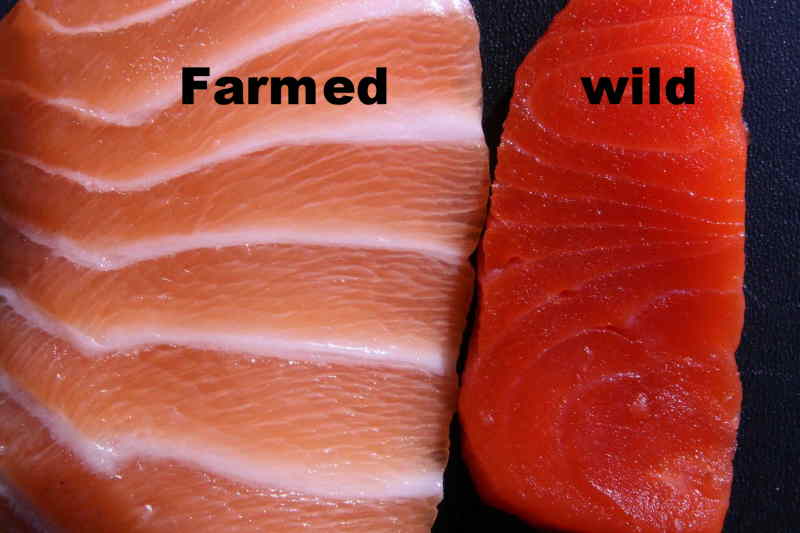
How can you tell the difference?
Well, if the menu doesn’t say you can ask, and if it’s cheaper than usually it’s surely farmed because farmed salmon is more affordable than wild. Wild salmon can sometimes cost as much as a high end cut of beef. If you want to preserve your health choose wild and forget about farmed. Another telltale sign your salmon isn’t wild? The color! Farm- raised salmon is much lighter than wild salmon!
Source: http://chere1.com

